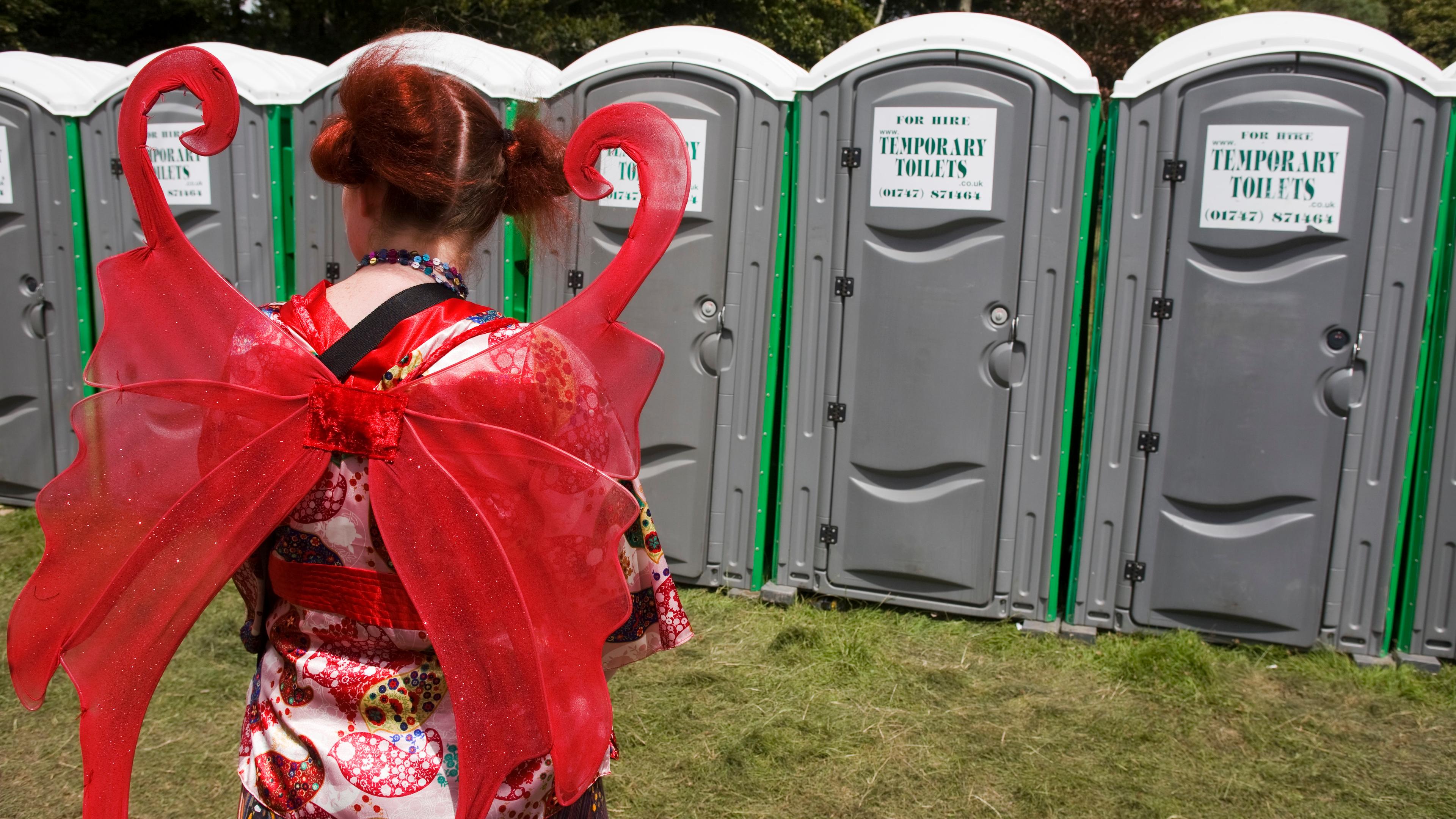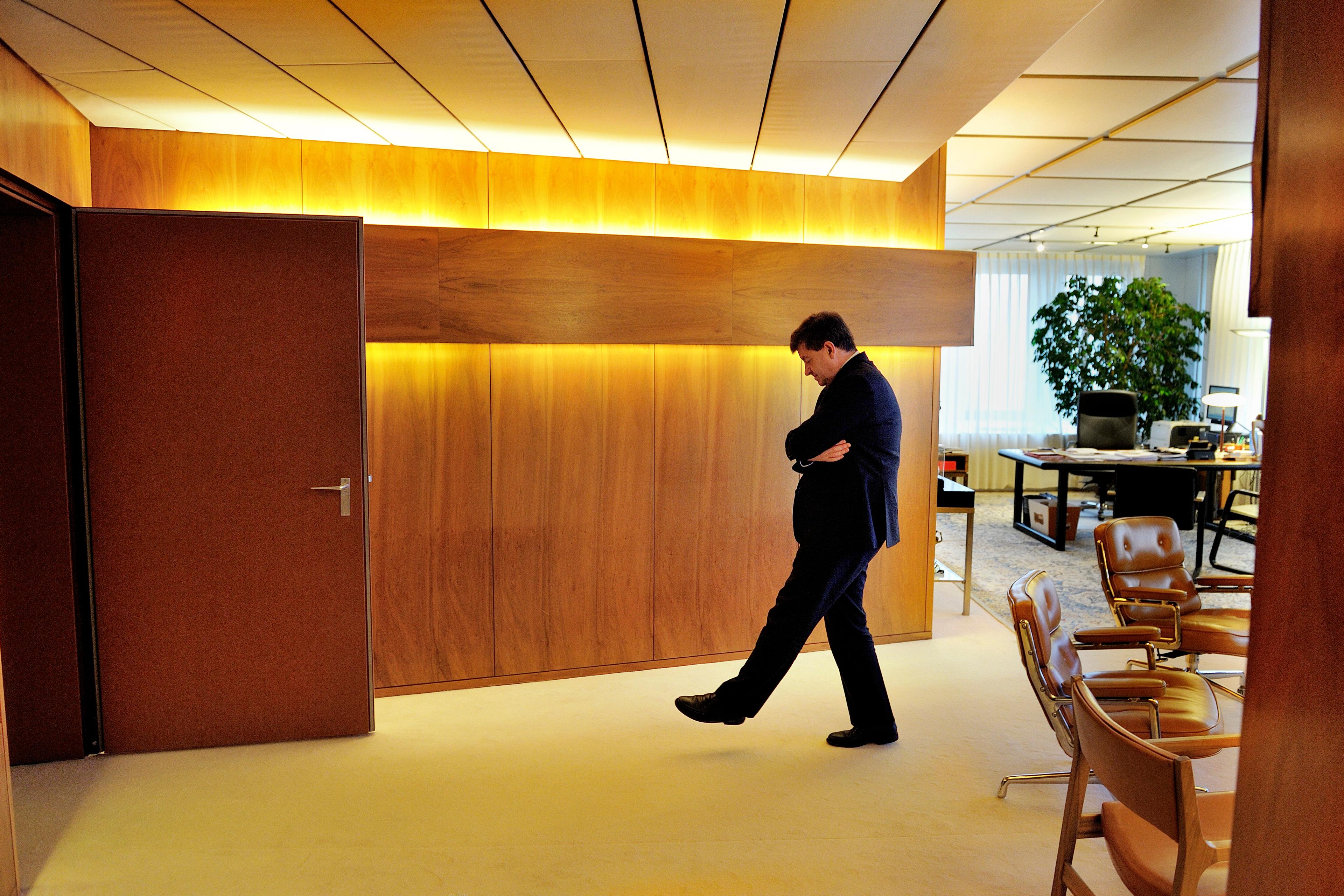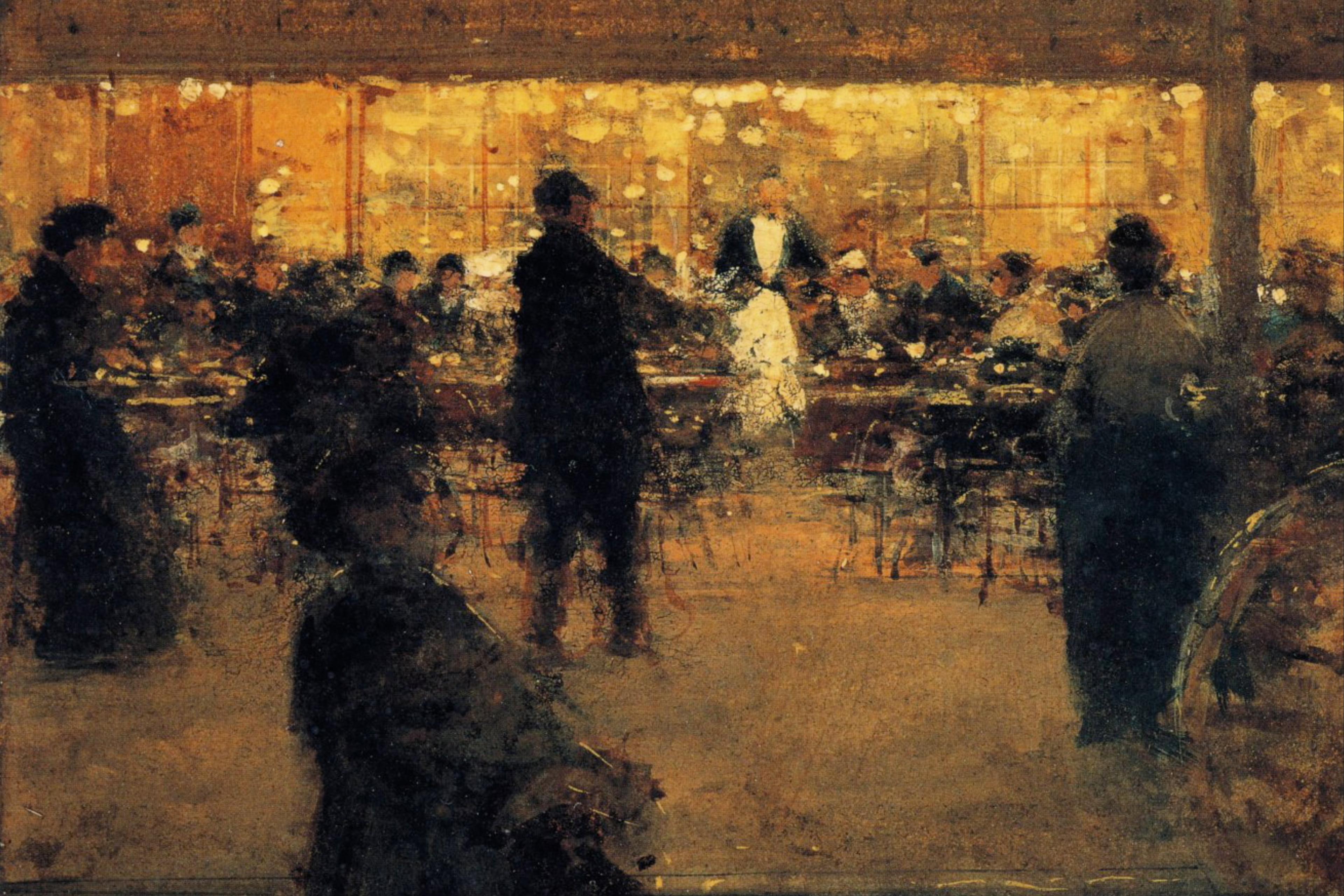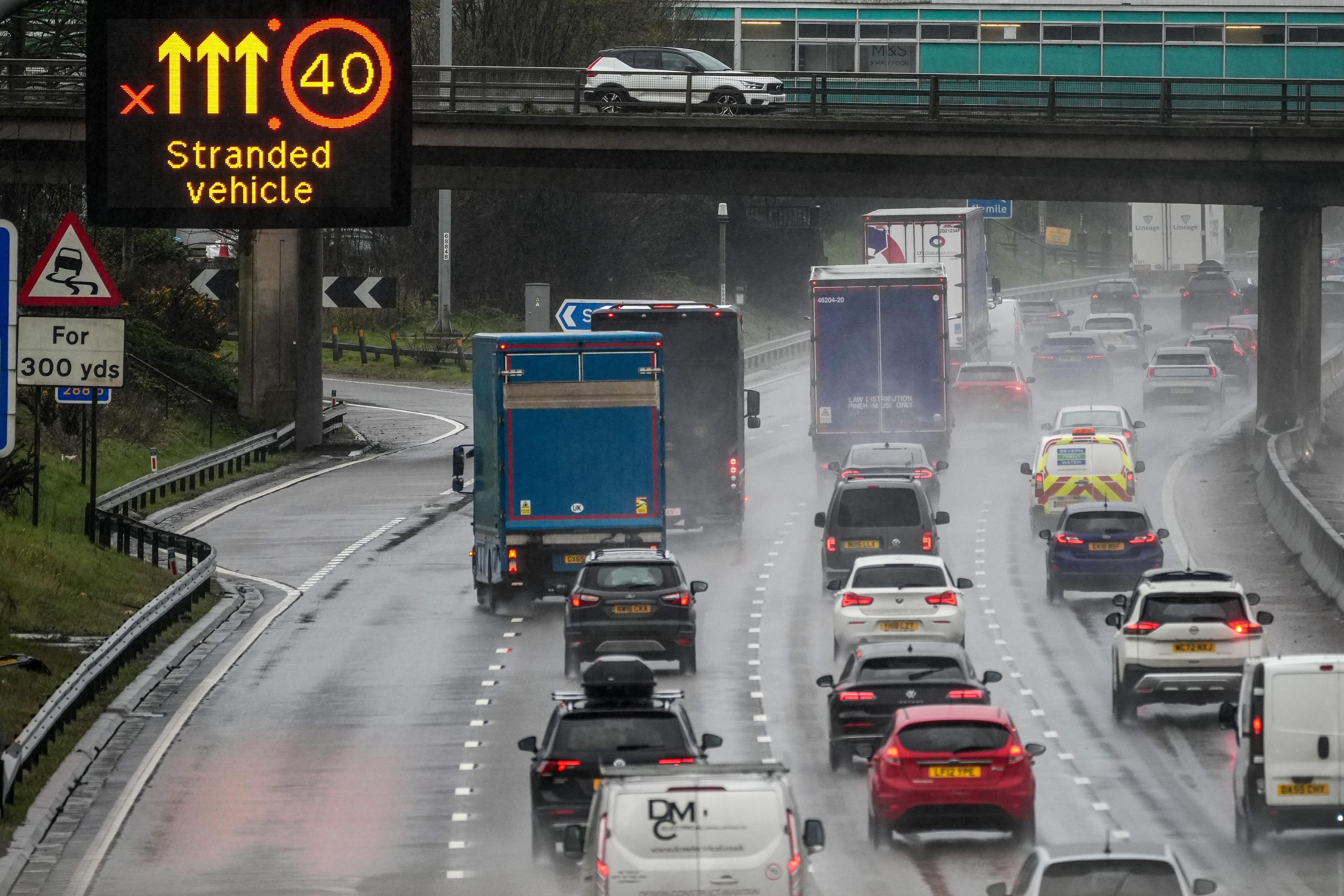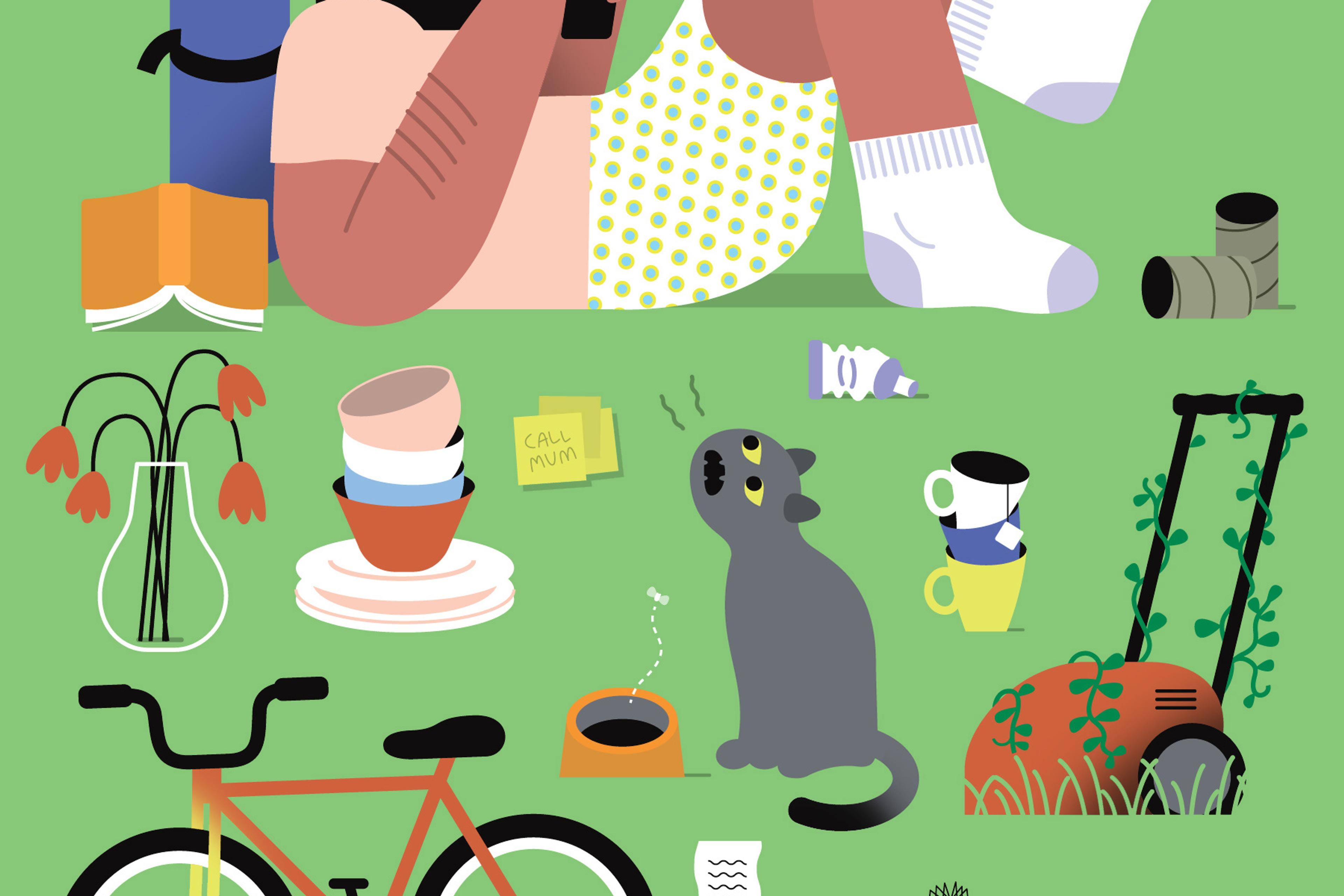If you’ve stared down the clock awaiting a test result, fidgeted in anticipation of a train that’s arriving any moment, or furiously refreshed your news feed ahead of a major announcement, you know the deep unpleasantness of having to wait, powerless to speed things along. When do these feelings of impatience hit their peak? Is it all about the feeling that you’ve waited too long?
To find out, a duo of behavioural scientists, Annabelle Roberts at the University of Texas at Austin and Ayelet Fishbach at the University of Chicago Booth School of Business, surveyed people waiting in different scenarios: during the nail-biter of a United States presidential election in 2020; anticipating the scheduled public release of the first COVID-19 vaccine in the US; and commuters waiting for their bus to arrive.
In the election and COVID-19 vaccine studies, the participants rated how impatient they were feeling at multiple points during the wait. On average, people’s impatience intensified the closer they got to what they thought would be the end of the wait. But it’s not just that impatience grows with increased waiting time. There seems to be something particularly frustrating about being near the end of a wait. In the bus study, it was those people who expected the bus to arrive any moment who felt the most impatient, even if they hadn’t necessarily been waiting that long. This could explain why the researchers found during the COVID-19 vaccine study that impatience for the pandemic to end held steady over time – the end was not yet in sight.
According to the researchers, a key factor that contributes to swelling impatience, especially near the end of a wait, is our desire for closure – basically, ‘the desire to get this thing off your mind or cross it off your to-do list,’ as Roberts puts it. Consider this: if you’re working on a project, or running a race, and the finish is in sight, the eagerness to get it done with might spur you to pick up your pace. Indeed, the ‘goal-gradient effect’ shows that ‘people become much more motivated to achieve their goals as they get closer to the end,’ Roberts says.
Consider giving your mind over to a completely unrelated activity
But when you’re stuck waiting for a ride, or a table in a restaurant, for a projected amount of time, there’s little or nothing you can do to reach your goal faster – you can’t simply wait harder to speed things up. So the eagerness to act, to get it over with (that is, to get closure), might transmute into ‘a negative feeling of frustration and impatience’ near the end of a wait, the researchers suggest.
Further evidence for this explanation comes from other studies the researchers conducted that involved hypothetical waits. For example, when participants imagined receiving a package in a certain number of days, they estimated their impatience would be more intense if they were closer to its arrival, as would their desire to have ‘closure on it’.
If you’re ever in the position of needing to advise someone on how long they’re going to have to wait, there are useful insights here. For instance, if you’re sending someone a package, ‘it might be beneficial to overestimate rather than underestimate the end of the wait,’ Roberts says, ‘so that you can essentially have the wait end before you get that extreme feeling of impatience at the end of the wait.’ A similar tactic could work in other contexts, such as when you’re telling someone how long you’ll take to get back to them.
The new findings could also be helpful for managing your own waiting experiences, Roberts tells me. For instance, knowing that your impatience is likely to reach its peak in the dwindling minutes before your train is due to appear suggests this would be a great time for a word puzzle or a podcast (just be careful you don’t miss the arrival). And when a much-anticipated update or announcement is imminent, and there’s nothing you can do about it, you might consider giving your mind over to a completely unrelated activity – till the wait is finally over.
